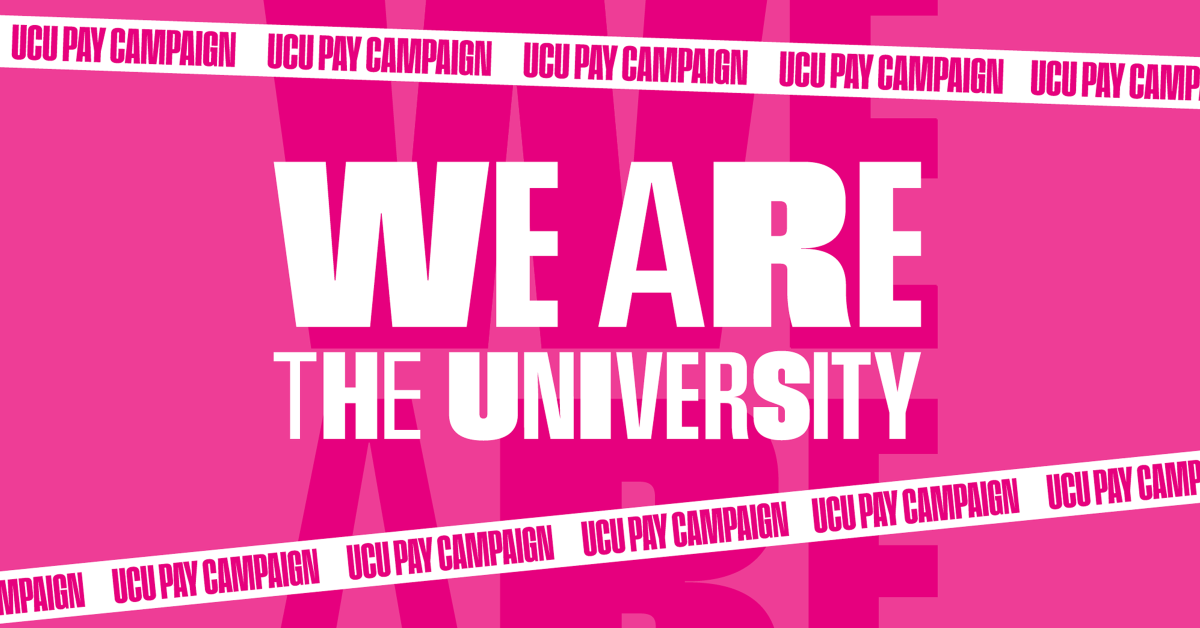By Isaac Haigh, Investigations Correspondent
Number of Bristol students getting First increased by 68% in under a decade
An Epigram investigation can reveal that the proportion of degrees awarded First Class Honours has increased 68.6% over the past nine years. A Freedom of Information (FOI) request by Epigram has revealed that in the 2018/19 academic
year, 31.5% of graduates received first class degrees whilst in 2009/10 it was only 18.7%. The reason for this increase are unknown.
'Firsts should be reserved for those willing to go above and beyond the expected level of work' - Kevin, fourth year engineering student
There has been an upward trend of the number of First Class degrees awarded. If continued at the current rate, that would mean that, potentially, everyone graduating in the year 2094/95 would receive a first. The number of 2:1s has seen a steady decrease over the same period of time with 62% of graduates receiving a 2:1 in 2009/10 and 58% in 2018/19.
The Faculty of Engineering, which awards the highest proportion of top degrees, has also seen the largest increase of students receiving Firsts. Only 22.5% of engineering students graduated with a first in 2009/10 compared to 42.7% in 2018/19.
The Faculty of Science has the second highest number of first class degrees being awarded at 41.2% in 2018/19 with an almost equal number of students graduating with a 2:1 at 42.9%.
'We have robust measures in place to assure the quality of marks and the degrees awarded' - Professor Tansy Jessop
Kevin, a fourth year engineering student told Epigram that he found ‘grade inflation frustrating on two levels’. Saying: ‘Not only does it devalue grades for hardworking students (especially past students), but it creates an expectation that students should be getting firsts, which I think puts undue pressure on the bulk of students who are looking for a 2:1. Firsts should be reserved for those willing to go above and beyond the expected level of work.’
The Faculty of Social Sciences and Law has seen the smallest increase of first class awards over the last 9 years. 14.2% of graduates received a first class degree in 2009/2010, compared to 23.4% in 2018/2019.
Professor Tansy Jessop, Pro Vice-Chancellor for Education at the University of Bristol, said in response to the data: ‘Bristol, like the rest of the higher education sector, has seen an upwards trend in the proportion of students getting top degrees. ‘A number of factors can help to explain this, such as changing student motivations, ability and diligence towards their degree attainment, enhancements in teaching and learning practices and facilities and improvements in academic support for students.
‘Degree attainment at Bristol is an important issue and one we closely monitor to assure the value of our degrees. We have robust measures in place to assure the quality of marks and the degrees awarded. This includes oversight from external examiners, who are members of academic staff from other universities, appointed to each course to ensure that quality and standards of the awards we make are appropriate.’
In December 2018 the Office for Students (OfS) published a report investigating into ‘spiralling grade inflation’. Nicola Dandridge, chief executive of the Office for Students, said: ‘We absolutely recognise how hard students work for their degrees, and accept that improved teaching and student support, and increases in the qualifications students gain before university, could explain some of the increase in grades. However, even accounting for prior attainment and student demographics we still find significant unexplained grade inflation.’
Trends at Bristol reflect common patterns within higher education. Statistics for the sector as a whole show the ratio of first-class honours degrees in 2009/10 was 14%, in 2013/14 was 20% and in 2017/18 was 28% according to HESA data. For Bristol, the same figures show the ratio of first-class honours degrees in 2009/10 was 16%, in 2013/14 it was 20%, and in 2017/18 it was 29%.
It is important to note that that the HESA data is different as it includes data from all degrees awarded, including those degrees that cannot be awarded a First Class Honours, for example medicine and veterinary sciences.
Some names have been changed to for anonymity.
Photo credit: Unsplash / Vasily Koloda
What do you think about grade inflation? Let Epigram know!









